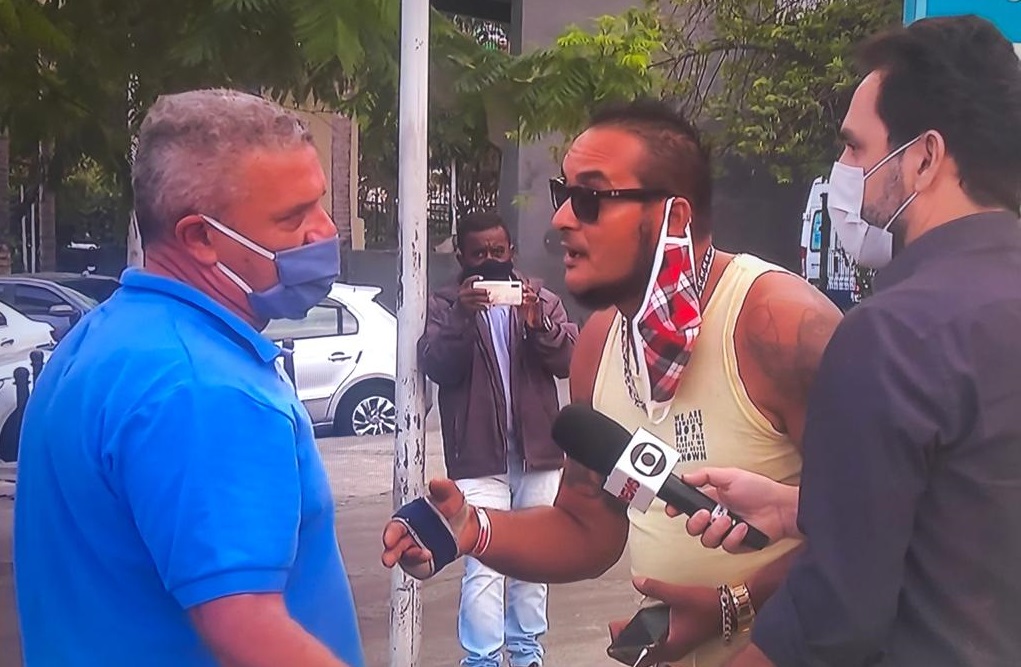
Officials of the city of Rio organize to block journalists from carrying out their work in front of health units. Organizations denounce the systematic efforts against press freedom.
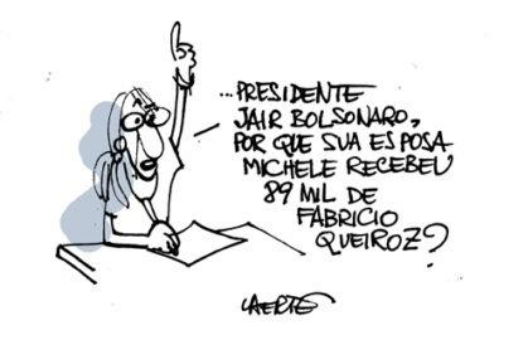
The Brazilian president's threat of physical violence against a journalist who asked him a question puts the conflictual relationship that he has had with the press since before becoming president on a different level, according to press freedom organizations.
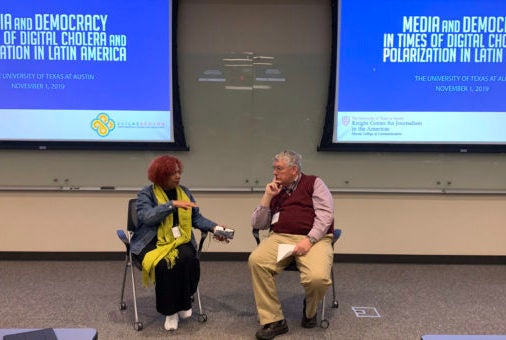
Twenty years ago, journalists could not have imagined the present situation for media in Venezuela, according to Luz Mely Reyes, director and co-founder of digital site Efecto Cocuyo.
A Colombian judge prohibited journalist Claudia Julieta Duque from issuing opinions and photographs in the context of a proceeding against Emiro Rojas Granados, former deputy director of the country’s now extinct intelligence department, accused of psychological torture against Duque.

The car of Haitian journalist Kendi Zidor, reporter and columnist for newspaper Le National, was shot several times in Port-au-Prince, according to local media.

A Paraguayan journalist for the newspaper ABC Color was sued for calumnia and defamation by a lawmaker who the reporter said participated in an attempt to bribe him so that he’d stop investigating a story.
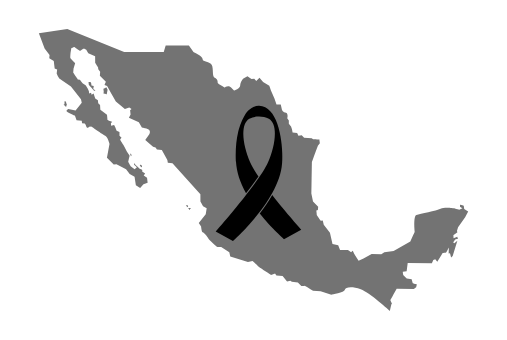
Since the new Mexican president Andrés Manuel López Obrador began his already famous daily morning press conferences, journalists are taking the opportunity to confront the leader concerning threats to themselves and the profession.
![The New York Times building in New York City (Photo: Ajay Suresh from New York, NY, USA [CC BY 2.0])](https://latamjournalismreview.org/wp-content/uploads/2020/05/New_York_Times_Building_-_New_York_Times_Logo_48193455772.jpg)
A reporter and photojournalist who work for The New York Times in Colombia left the country after being targeted with stigmatizing remarks from congress members of the ruling party and online harassment
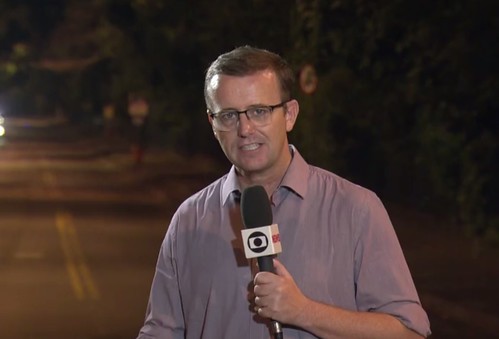
In less than four days, two Brazilian journalists received death threats through social networks after publishing reports critical of the country's past and present Armed Forces.
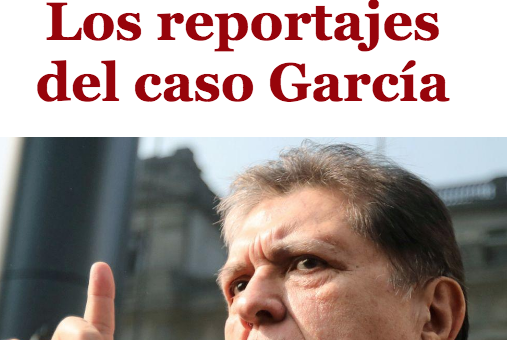
"To do investigative journalism in Latin America and in other parts of the world has two parts: the first part is about the investigation itself with all its great challenges and the second part, which is not talked about much, is the defense of the investigation, and that is almost as complex or sometimes more than the investigation itself," Peruvian investigative journalist Gustavo Gorriti told the Knight Center.
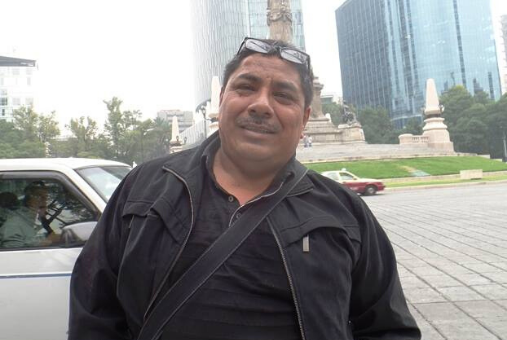
A Mexican journalist receiving protection from the government is alive after being shot twice in the state of Oaxaca.
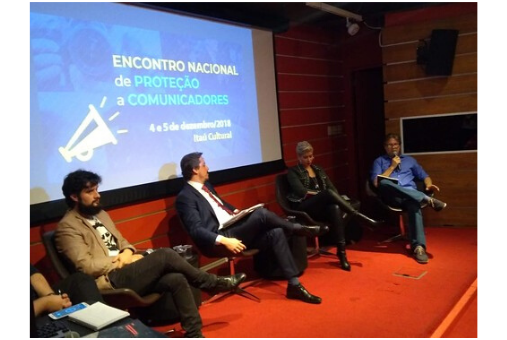
A meeting held in São Paulo in early December brought together communicators, press freedom groups and State representatives to discuss the threats facing the press, the measures the State is taking to fight impunity in violence against media professionals and next steps for launching a protection network for communicators.